In the digital age, the issue of youth mental health usually revolves around screen time. Nevertheless, as a working psychologist in India and a therapist in Mumbai, I have noted that the greater issue is not the amount of time young people spend on the digital devices but rather the addictive use which is repetitive and cannot be controlled using technology. This compulsive use and not the length of time on the screen is also more associated with anxiety, depression and impaired day to day functioning among the youth.
This blog describes why addictive use is the risk of more significant mental health concern, how it uniquely affects Indian youth and actions that parents, educators, and mental health professionals can undertake to create healthier digital practices and more emotionally resilient people.
1. Distinguishing Addictive Use from Screen Time
It is believed that reducing total screen time is the solution to safeguarding the mental health of the youth, yet as highlighted in a recent Indian study, the situation is more complex. Addictive use can be defined as consistent compulsive behavior of engaging with smartphones or social media even when it interferes with sleep, concentration, or social life. The necessity to look at notifications or be active in the content on the Internet is not always controllable.
In India, where smartphone penetration has been soaring, the reported studies indicate that approximately one-third of adolescents exhibit symptoms of phone addiction that are associated with high levels of anxiety and depression. During my child counseling and teen therapy, I have assisted families to recognize these behaviors instead of focusing on the number of hours the child spends on the screen.
2. How Addictive Use Harms Youth Mental Health
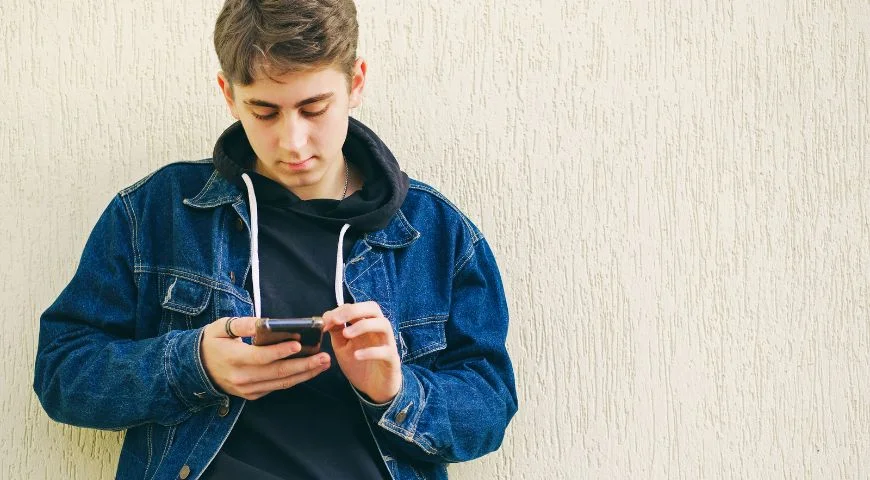
The effects of addictive use of phones are complex:
- Emotional Dysregulation: This is because social media is always there and keeps people constantly comparing, developing a sense of FOMO (fear of missing out), and being a victim of cyberbullying, which I often observe in anxiety management courses in Mumbai and depression treatment.
- Sleep Disruption: Due to overuse of screens, especially at night, one disrupts the natural sleeping patterns, which leads to poor mood and cognitive ability. I frequently need to consider it in my practice since in Mumbai I work as a specialist in PTSD as poor sleep is one of the factors that worsen the symptoms of the trauma.
- Lower Attention and Academic Results: A large number of young clients complain of attenuating concentration and motivation, which can be exacerbated by the behavior of dependency on the gadgets, making prolonged studying and communicating with peers more challenging.
3. Promoting Healthy Digital Engagement and Mental Wellness
Effective intervention can be made by parents, educators and therapists:
- Digital Literacy/Mindfulness: Educate young people on identifying addictive behaviors and using their devices thoughtfully. Regular digital detox and taking purposeful media breaks is promoted by me as an individual therapist.
- Fair Use: Design equal screen time strategies based on content and quality, not on arbitrary time limits; value offline social time and physical activity and rest.
- Professional Advice: In cases of mental health impact due to addictive use, seeking the help of such services as group therapy sessions in Mumbai, an online psychologist in India, or an experienced marriage and family therapist in Mumbai can be helpful.
Conclusion: Beyond Screen Time — Addressing the Real Risk
Smartphones are part of life yet pernicious addictive usage habits and not screen time per se is the most critical mental health danger to the youths. As a family therapist in Mumbai, I would encourage communities to use evidence-based and compassionate practices that empower the youth in India to balance and resist technology.
About Me: Tanu Choksi
My name is Tanu Choksi, a skilled and empathetic psychologist and talk therapist in Mumbai who deals with individual therapy, child therapy, couple therapy, family therapy, teen therapy, group therapy, depression therapy, premarital counseling, anxiety, and PTSD and works with clients in India and abroad.
Connect with Me
- Instagram, Facebook and LinkedIn: I am tanuchoksi. Follow me on mental health and tips about being well.
- Practo Profile: Ms. Tanu Choksi is a counselor and therapist who is warm and friendly, based in Mumbai who provides patient, non-judging, and rational counsel to personal problems.
Once we understand that addictive phone usage is the most significant risk, we will be more capable of helping Indian youth to restore their mental well-being and create a balanced life.
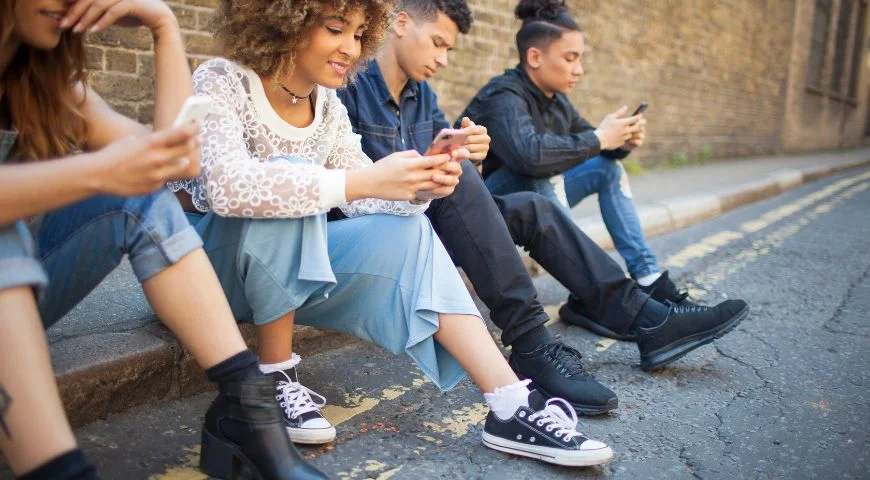
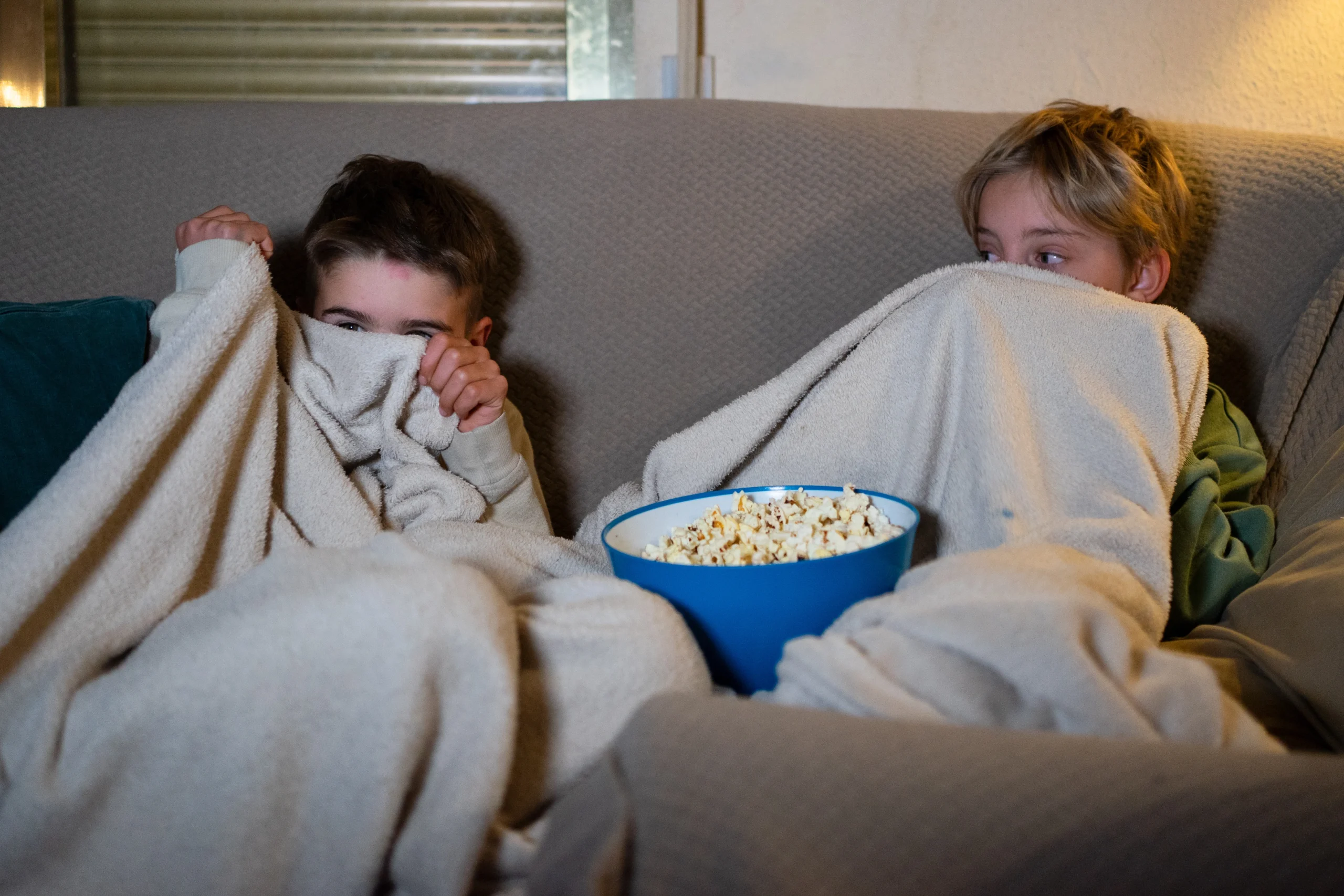

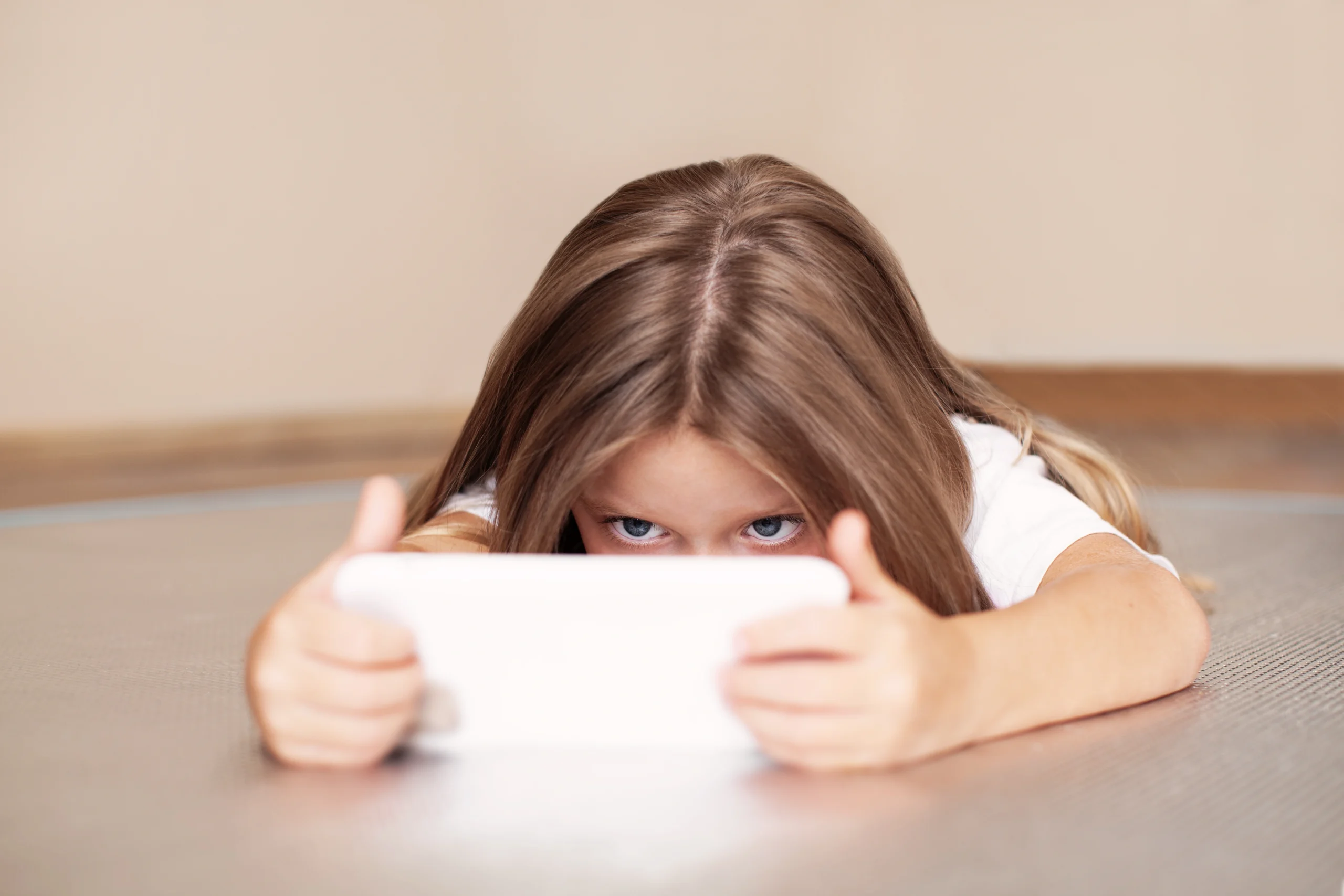
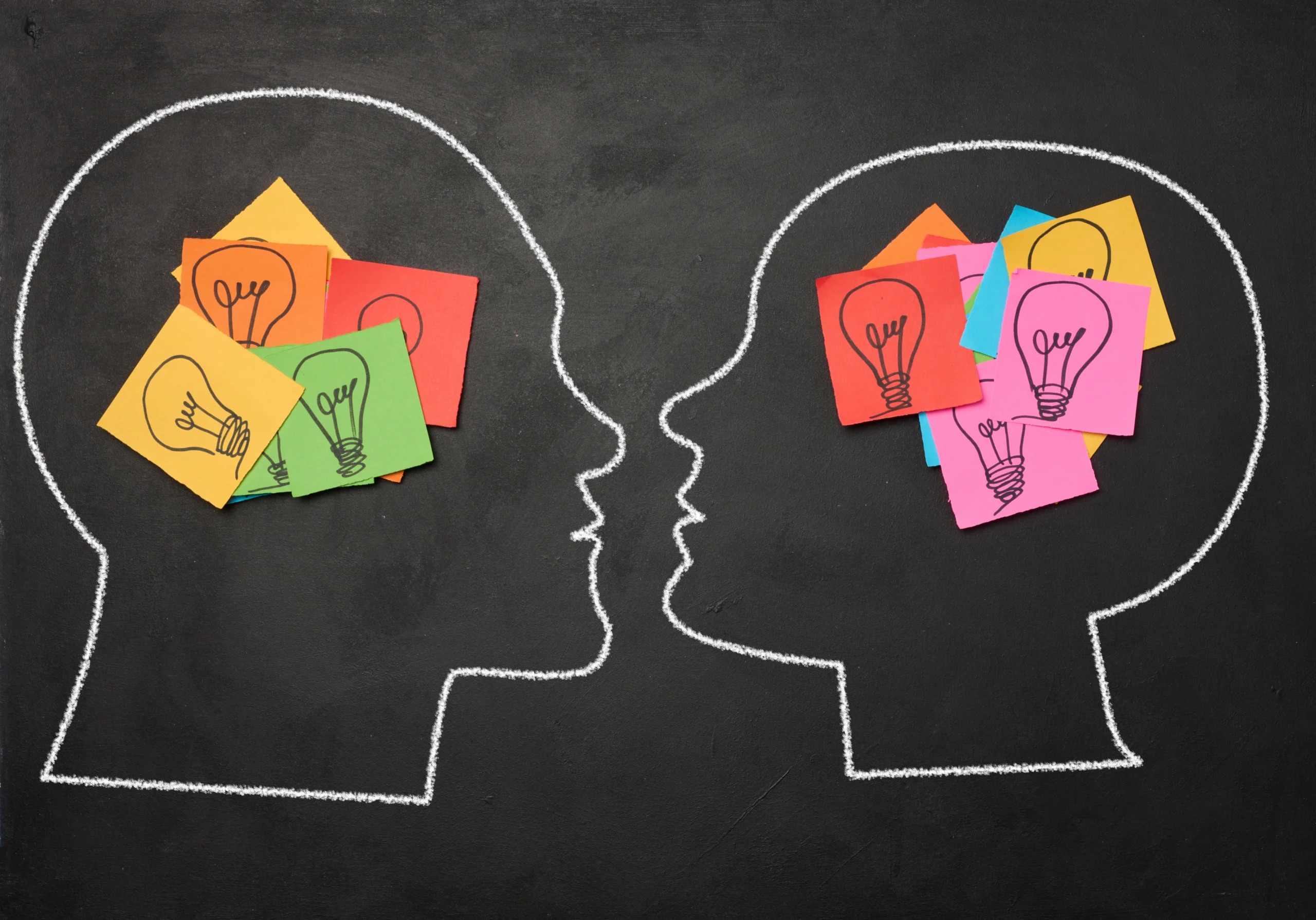
One Response
This really changes how I think about screen use addiction is the real issue, not just time spent. Important perspective!